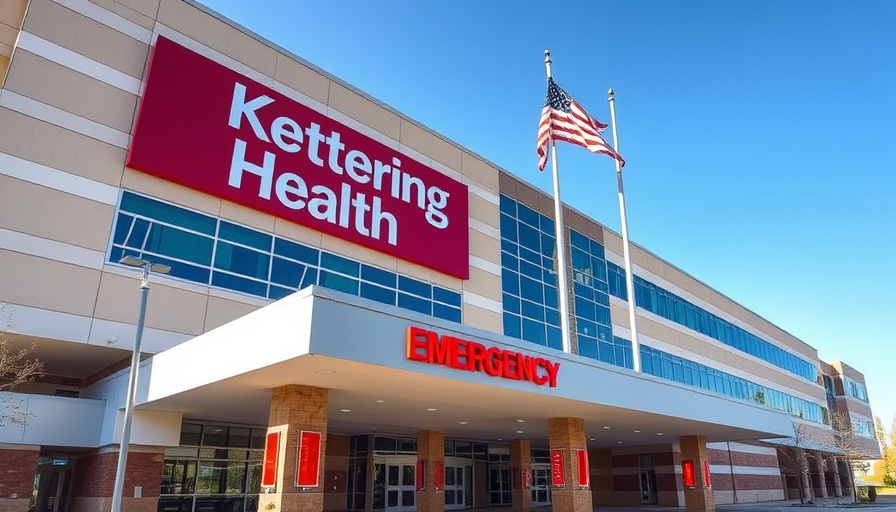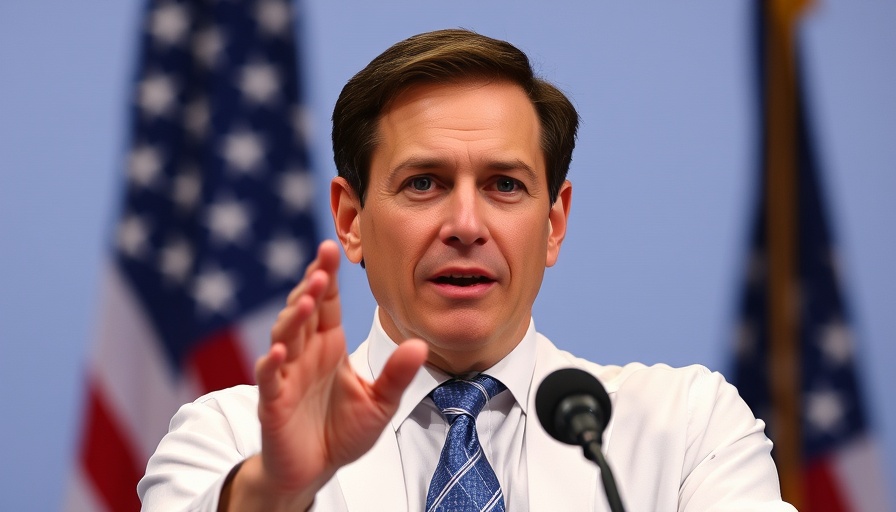
Ransomware Attack on Kettering Health: What Happened?
In a troubling escalation of cyberattacks on healthcare systems, the ransomware group Interlock has claimed responsibility for a significant breach at Kettering Health, a network of hospitals and clinics in Ohio. The attack, which occurred two weeks ago, resulted in Kettering Health shutting down all its computer systems to prevent further damage, a move that underscores the vulnerabilities healthcare institutions face in our increasingly digital world.
The Alarming Details of the Breach
Interlock stated that it stole over 940 gigabytes of sensitive data from Kettering Health, including private health records, employee data, and personal identifiers of police officers associated with the healthcare network. These documents not only expose patient names and medical histories but also raise serious concerns about data privacy and security in the digital age. The group’s move to publish this information on its dark web site is a concerning trend, indicating that the negotiations surrounding a ransom could be failing.
Understanding the Impact of Ransomware on Healthcare
Ransomware attacks are becoming increasingly prevalent in the healthcare sector, especially since the onset of the pandemic. A growing number of hackers are targeting institutions like Kettering Health due to their critical operations and the inherent pressure they face to restore services quickly. The fallout from such attacks can be catastrophic—endangering not only patient care but trust in health systems overall. Reports from various cybersecurity experts indicate that these attacks can lead to long-lasting consequences, such as compromised patient data and significant financial losses.
Looking Ahead: The Future of Healthcare Technology Security
As we delve deeper into 2025, the imperative to bolster cybersecurity within healthcare becomes increasingly urgent. Emerging technologies, including AI-driven security solutions, may offer the best line of defense against future threats. By adopting sophisticated algorithms to detect unusual activities and potential breaches in real-time, healthcare organizations can protect sensitive data more effectively. There needs to be a shift in how healthcare providers prioritize their digital infrastructures—not just to enhance operational efficiency but also to safeguard patient trust and personal data.
Conclusion: Join the Conversation
The Kettering Health ransomware incident highlights a pressing issue: as technology evolves, so too do the methods of cybercriminals. Staying informed about these challenges is critical for everyone, especially in industries like healthcare where the stakes are extraordinarily high. If you're interested in understanding more about cybersecurity advancements or wish to explore how emerging tech trends can fortify health systems, don't hesitate to engage. Your perspective matters, and together we can advocate for a more secure digital future.
 Add Row
Add Row  Add
Add 




 Add Row
Add Row  Add
Add 



Write A Comment